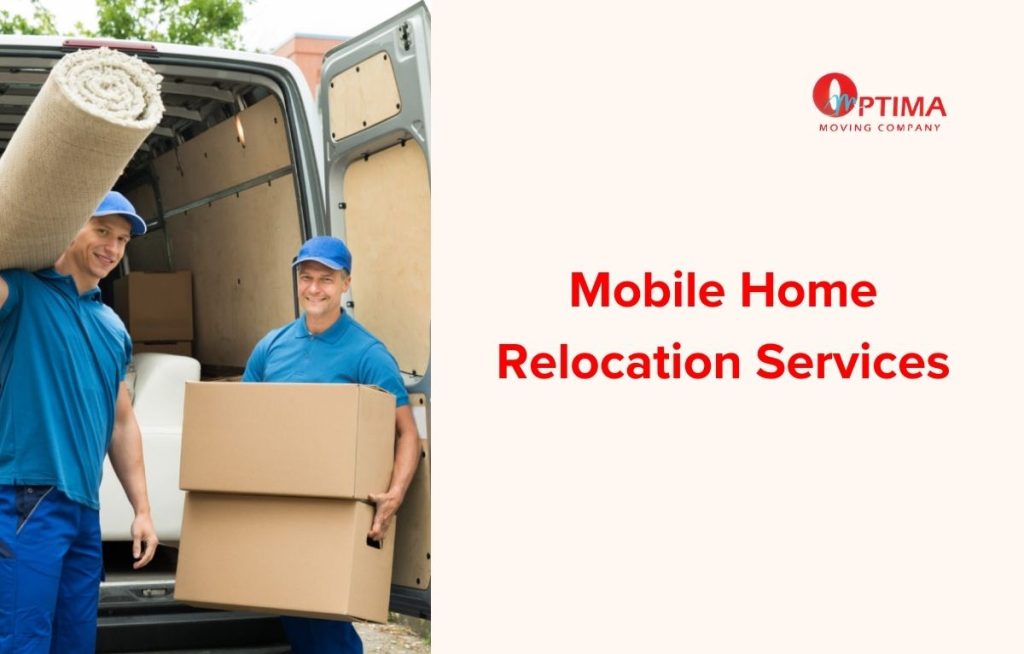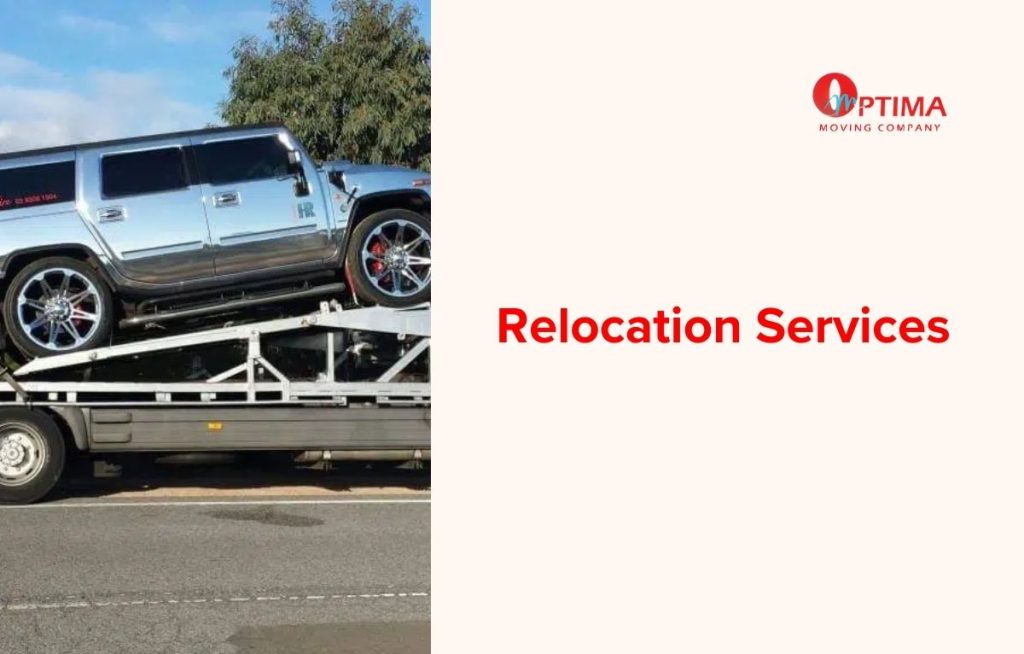
Moving a mobile home requires specialized knowledge and equipment to ensure a smooth and safe transition. Whether you’re moving across town or to a different state, mobile home relocation services can handle the complex logistics involved in transporting your home. This article explores the key aspects of mobile home relocation, including the benefits of professional services, preparation tips, and what to expect during the process.
Understanding Mobile Home Relocation Services
What are Mobile Home Relocation Services?
Mobile home relocation services specialize in transporting mobile and manufactured homes from one location to another. These services include disassembling the home if necessary, transporting it safely, and reassembling it at the new site.
Why Use Professional Services?
Hiring professional mobile home relocation services ensures that the move is handled efficiently and safely. Professionals have the experience and equipment needed to manage the unique challenges of moving a mobile home, reducing the risk of damage and ensuring compliance with local regulations.
- Expertise: Skilled in handling all aspects of mobile home transportation.
- Safety: Proper equipment and techniques to prevent damage.
- Regulation compliance: Knowledge of local laws and permits required for the move.
Benefits of Professional Mobile Home Relocation
Stress-Free Moving Experience
One of the main advantages of using mobile home relocation services is the peace of mind that comes with knowing experts are handling your move. This reduces the stress and complexity of relocating your home.
- Efficiency: Professionals handle the logistics and heavy lifting.
- Time-saving: Speeds up the moving process with experienced crews.
- Reliability: Ensures your home arrives safely and on schedule.
Specialized Equipment and Techniques
Professional movers use specialized equipment and techniques designed for mobile home transportation. This includes heavy-duty trucks, hydraulic lifts, and custom trailers that secure the home during transit.
- Hydraulic lifts: Safely raise and lower the home.
- Custom trailers: Ensure stable and secure transportation.
- Heavy-duty trucks: Capable of handling the weight and size of mobile homes.
Legal and Regulatory Compliance
Relocating a mobile home involves various legal and regulatory requirements, such as obtaining permits and adhering to transportation laws. Professional services ensure all necessary paperwork and regulations are handled properly.
- Permits: Secure necessary moving permits.
- Route planning: Plan safe and legal transportation routes.
- Inspection compliance: Ensure the home meets state and local codes.
Preparing for Mobile Home Relocation
Initial Assessment and Planning
The first step in preparing for mobile home relocation is an initial assessment by the moving company. This involves evaluating the condition of the home, identifying potential obstacles, and planning the logistics of the move.
- Home inspection: Assess the structural integrity of the home.
- Route evaluation: Determine the best route for transportation.
- Cost estimate: Provide a detailed quote for the relocation.
Securing Permits and Documentation
Obtaining the necessary permits and documentation is crucial for a legal and smooth move. This includes transportation permits, utility disconnect/reconnect permits, and any other local requirements.
- Transportation permits: Required for moving the home on public roads.
- Utility permits: Ensure safe disconnection and reconnection of utilities.
- Local regulations: Comply with zoning and other local requirements.
Preparing the Home for Transport
Before moving day, the home needs to be prepared for transport. This involves securing loose items, disconnecting utilities, and ensuring the structure is ready for the move.
- Secure belongings: Pack and secure all loose items inside the home.
- Disconnect utilities: Safely disconnect electricity, water, and gas lines.
- Structural preparation: Ensure the home is braced and secured for transport.
What to Expect During the Move
Loading and Transporting the Home
On moving day, the relocation team will load the mobile home onto the transportation trailer using hydraulic lifts and other equipment. The home will then be transported to the new location.
- Hydraulic lifts: Raise the home onto the trailer.
- Transportation: Carefully drive the home to the new site.
- Monitoring: Continuous monitoring to ensure safe transit.
Arrival and Reassembly
Once the home arrives at the new location, the team will carefully unload it and reassemble any disassembled parts. This includes reconnecting utilities and ensuring the home is level and secure.
- Unloading: Safely lower the home onto its new foundation.
- Reassembly: Reconnect any disassembled parts and utilities.
- Final inspection: Ensure the home is level and meets all local codes.
Conclusion
Relocating a mobile home requires specialized skills and equipment to ensure a smooth and safe move. By hiring professional mobile home relocation services, you can enjoy a stress-free experience and peace of mind knowing your home is in expert hands. For reliable and efficient mobile home relocation services, contact Optima Moving. Our experienced team is dedicated to providing top-notch service and ensuring your mobile home arrives safely at its new destination. Call us today to schedule your move and experience the difference of professional relocation services!



Recent Comments